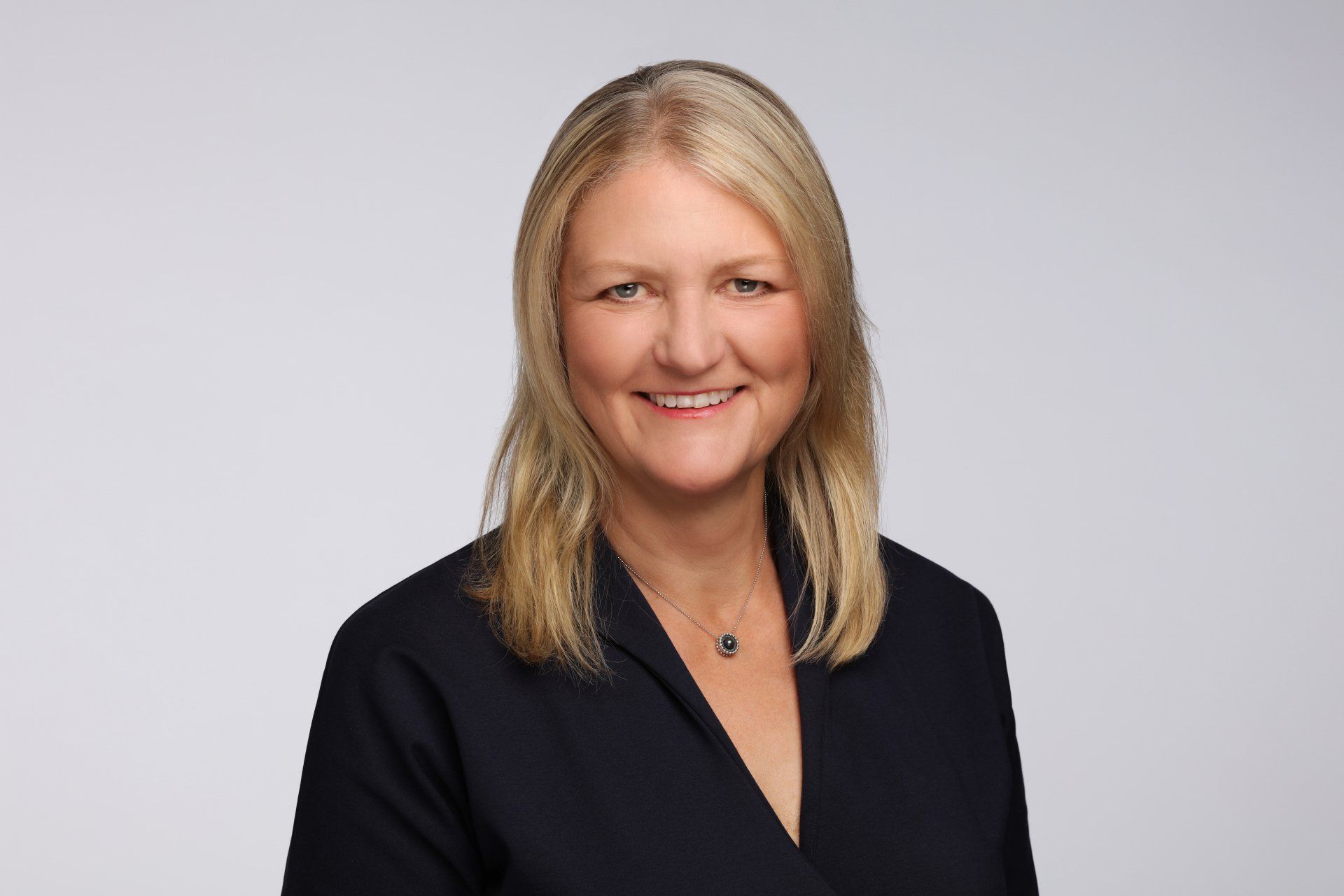Alison Gill is a behavioural psychologist, triple Olympian and the co-founder of Bvalco, a board evaluation consultancy focused on helping boards become fit for the future.
The world-renowned physicist Richard Feynman said that the value of science is that it teaches us to embrace doubt and uncertainty. In looking at the power of emotion in the boardroom, I wanted to address an important question: how can you turn anxiety and uncertainty into a positive?
First we need to recognise what anxiety is telling us. Every emotion is a piece of information that is trying to tell us something valuable and in the case of anxiety, something that we care about is at risk – it is our body’s natural response to a perceived threat. At times we don’t know precisely what that threat looks like or even whether the threat is real. For example, the board are discussing a potential acquisition and one of the directors in concerned that this is in a sector that is not only new to the company, but outside of her own experience too. Feeling personally anxious is understandable. The next step however is to ‘name’ that anxiety and to ‘reframe’ it. In this instance the lack of personal knowledge is firstly understandable, but it also reflects a lack of knowledge for both the company and the board. The non-executive director can and must raise the issue as potentially a red flag for the business per se.
There is then the role of the Chair. Clearly there is a need for the Chair to have the emotional intelligence not only to recognise anxiety, but to explore where it is coming from and ultimately to deal with whatever threat is at play, whether real or perceived. Emotional intelligence is the ability to blend thinking and feeling to help decision-making and the Chair’s role is to facilitate these decisions and ensure the board is as effective as it can be. Different signs in the boardroom will inform the Chair and indicate that certain people are anxious or feeling uncertain. I will always encourage Chairs to call this out, to say what they’re noticing.
Board dynamics are not an exact science, but we know from modern behavioural psychology that cognition and decision-making are about more than just the logical and the rational, with emotion playing a key part. Neuroscientist, Antonio Damasio, wrote about a case study where a patient had a damaged frontal lobe as a result of a tumour. As a result, he became unable to make decisions. Despite the ability to be wholly rational and logical, the emotional impairment he suffered, literally left him unable to make decisions.
In a time of such dramatic change, as we come to terms with a global pandemic, it has never been more important to ensure we allow directors and boards to be as effective as they can be, which means recognising anxiety and turning it to our advantage, to help in making difficult decisions. We need boards that think, not worry.
Share this article on LinkedIn!




